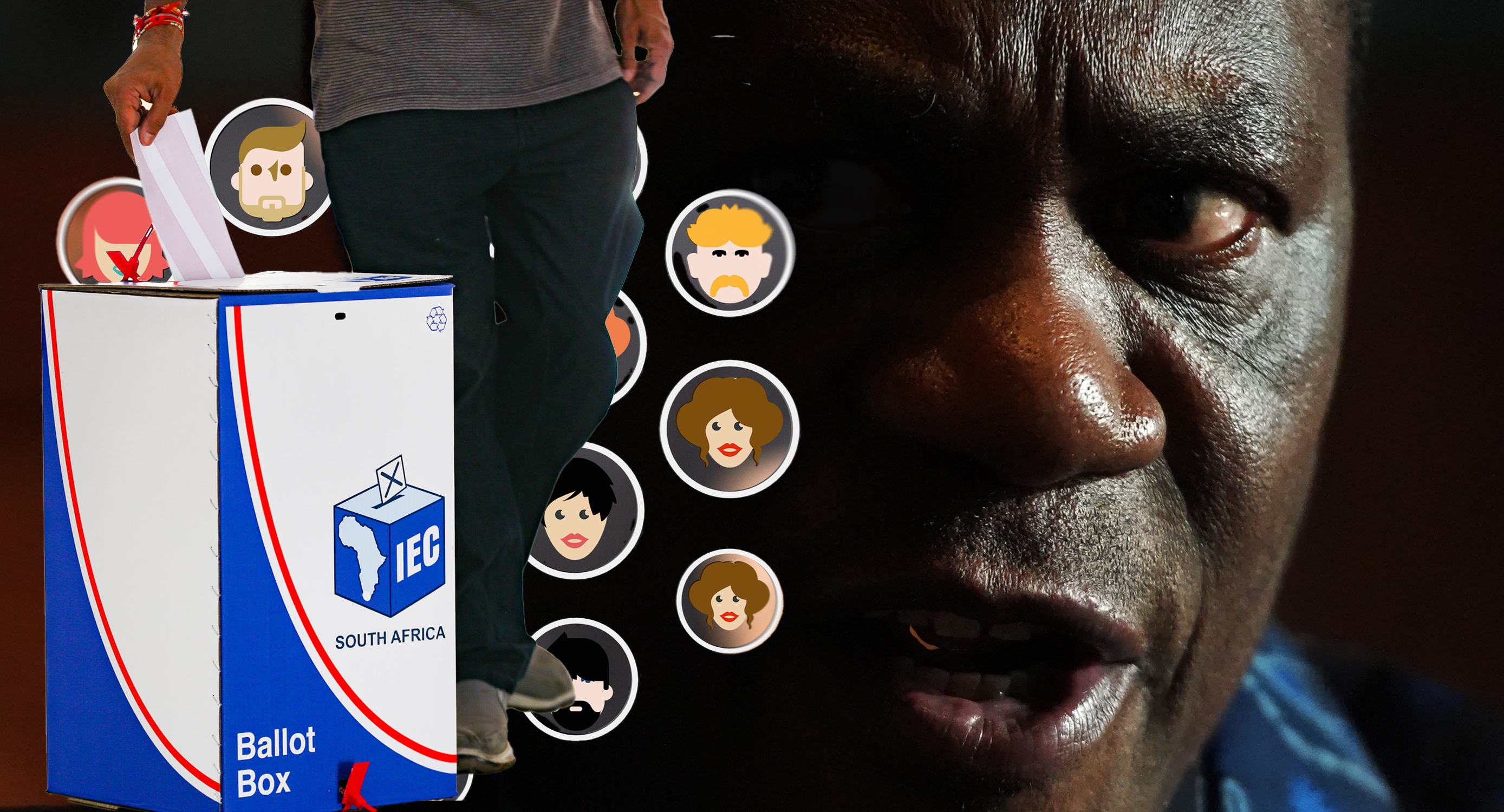There’s never been a better time to be a small-scale influencer.
Nano-influencers, or micro-influencers, who generally have a few thousand social media followers, are now considered one of the most effective ways to promote things online. South Africa’s first Influencer Report, released last year, described the use of nano-influencers as having “unmatched potential”, boasting “engagement rates 1.16% above the average benchmark”.
The reason? People are much more likely to find these smaller accounts authentic.
But when that “unmatched potential” is harnessed not to sell sneakers or skincare, but to covertly manipulate political discourse, we have a problem.
In a recent investigation for Daily Maverick, I spotlighted a troubling trend: political parties and interest groups in South Africa are increasingly employing networks of paid nano-influencers to manufacture public support and drown out dissenting voices on social media platforms like X (formerly Twitter). These orchestrated campaigns create an illusion of grassroots enthusiasm, effectively distorting the democratic process.
In collaboration with work done by Murmur Intelligence, we found evidence that multiple South African political campaigns — including those supporting ActionSA, Deputy President Paul Mashatile and ANC figures facing allegations of corruption — have made use of paid influencer networks in the past month to create the illusion of organic political solidarity.
Since the piece was published, I have been sent evidence of further fake campaigns unspooling on X over the last few weeks alone, including one seemingly in support of Police Minister Senzo Mchunu. This suggests that what we have uncovered to date is the tip of the iceberg.
It would be one thing if these influencers disclosed their sponsorships. They don’t. One micro-influencer told us, when approached undercover, that only the influencers themselves “know it’s a paid gig”. The point, after all, is deception: to simulate spontaneous political enthusiasm, not to declare advertising.
As long as the influencers get their paltry e-wallet payments, of between R50 and R250 in a country where that can mean food on the table where there was none before, they’re unlikely to ask too many questions.
The cautionary tales: Romania, Nigeria, Kenya and beyond
This issue is worth lingering on because there is evidence from other countries in recent years that this type of paid-for political influencing online can have a real impact on election results.
A particularly surreal example of this, brought to my attention by Murmur’s Kyle Findlay, played out in Romania late last year.
There, a far-right candidate, Călin Georgescu, won a shocking victory in the first round of elections. Georgescu was a virtual unknown in the lead-up to the polls who suddenly went viral on TikTok weeks before the elections — and ended up winning the vote.
How did he, or his handlers, do it? By hiring influencers who were paid to post positive content about him to boost his profile.
TikTok eventually uncovered 27,000 inauthentic accounts posting about the Romanian elections in the lead-up to the elections, with the suspicion that some may have been Russian-funded. The end result was that the election result was annulled — and Romania has had to run those elections again from scratch.
A less dramatic story, but with similar contours, played out in Nigeria’s 2023 elections. According to a BBC Africa Eye investigation, major political parties secretly paid popular influencers up to ₦20-million (about R225,000) to spread false and inflammatory content. These campaigns often exploited ethnic tensions and religious divisions, with disinformation about candidates being falsely linked to Boko Haram circulating widely.
In Kenya’s 2022 elections, the Institute for Security Studies found that political campaigns hired influencers for as much as $2,000 per tweet to push hashtags and messages designed to discredit opponents or shape public narratives. These influencer networks, often roping in cash-starved students, coordinated posts and retweets to create the appearance of popular support, without any transparency.
South Africa is on a similar path
The parallels to South Africa’s nano-influencer ecosystem are striking. In each case, the objective is the same: to use the perceived authenticity of ordinary social media users to quietly influence public opinion in favour of powerful interests. It’s cheaper than traditional advertising, harder to detect, and far more effective at reaching younger, digital native voters.
None of the South African political actors we contacted admitted to running these influencer campaigns. ActionSA said it only boosts ads. The Road Accident Fund denied knowledge of tweets praising its embattled CEO, Collins Letsoalo. The ANC did not respond. But in each case, a consistent pattern emerged: a sudden explosion of near-identical tweets, posted by users who frequently advertise their willingness to promote anything — for a price.
What this means for democracy
At best, these campaigns erode trust in social media discourse. At worst, they amount to a distortion of the much-vaunted public market of ideas and, by extension, of the political ecosystem, with no accountability, transparency or regulation.
In the run-up to the 2024 South African general elections, Murmur and ISS already reported on influencers being paid to amplify certain narratives. It is likely that this practice is gaining a new pace and scale.
The Electoral Commission of South Africa lacks clear guidelines on paid influencer content during electoral campaigns. But this form of digital manipulation is growing. Without oversight, the 2026 local elections could be the first in which a significant portion of political messaging is effectively paid propaganda masquerading as genuine support.
If we don’t act now — through media literacy, ethical pressure placed on political parties, platform transparency, heightened legislation around paid-for content and tighter electoral regulation — we could soon find ourselves, like Romania or Nigeria, in an environment where democracy is filtered through a network of influencers-for-hire.
And the scariest part: we may not even notice it’s happening. DM





